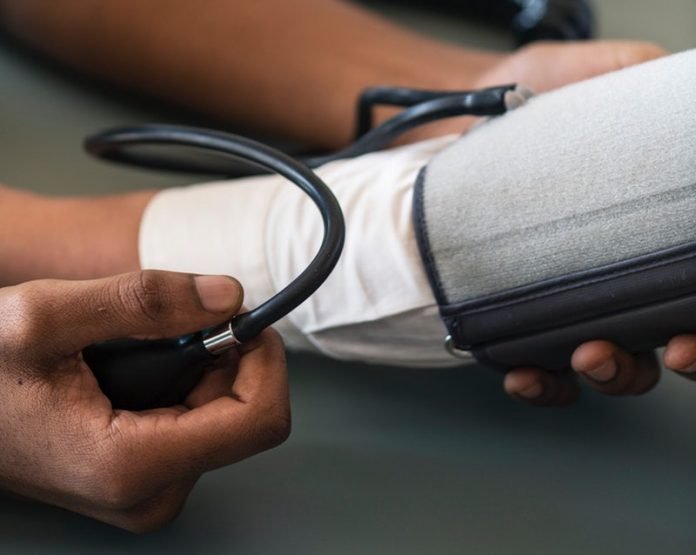
In a new study, researchers found taking one daily pill that combined medications to treat high blood pressure and high cholesterol lowered heart disease risk among underserved patients.
It is better than taking several separate medications to treat these risk factors.
In addition, patients are likely to stick to a medication routine if they only had the one pill to take
The research was funded by the American Heart Association.
In the study, the team studied how a polypill including four medicines known to lower high blood pressure and low-density lipoprotein (LDL) cholesterol would impact patients with high blood pressure and high cholesterol at a community health center in Mobile, Alabama.
Three-quarters of the 303 patients studied reported making less than $15,000 a year; 96% of the participants were black; 60% were women, and the average age was 56.
Half of the patients were given a daily polypill that contained four low-dose medications known to reduce high blood pressure and/or high LDL cholesterol: atorvastatin (10mg), amlodipine (2.5 mg), losartan (25 mg) and hydrochlorothiazide (12.5 mg).
The other half of patients received their usual medical care and medications.
Clinicians conducted a medical exam and measured patients’ blood pressure and blood cholesterol at the study’s start, at two months and at one year.
The researchers found patients taking the polypill had higher reductions in systolic blood pressure and LDL cholesterol compared to those in the usual care group.
In the polypill group, systolic blood pressure fell an average 9 mm Hg compared 2 mm Hg by one year in the usual care group.
LDL cholesterol fell an average of 15 mg per deciliter in the polypill group versus 4 mg per deciliter in the usual care group.
These differences translate to about a 25% reduction in the risk of experiencing a cardiovascular event, such as a heart attack.
In addition, drug adherence over the 12-month study period was high (86%) in patients assigned to the polypill group, compared to past studies that found fewer than half of patients are still on their prescribed blood pressure medicines at one year.
The team says when it comes to preventing cardiovascular disease, simple strategies like the polypill may offer key advantages for patients who face barriers to accessing medical care.
Patients are more likely to take their medications as prescribed, which is good for them and their frontline providers.
One author of the study is Daniel Muñoz, M.D, M.P.A., assistant professor of cardiology at Vanderbilt University Medical Center.
The study is published in the New England Journal of Medicine.
Copyright © 2019 Knowridge Science Report. All rights reserved.



